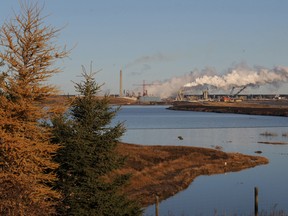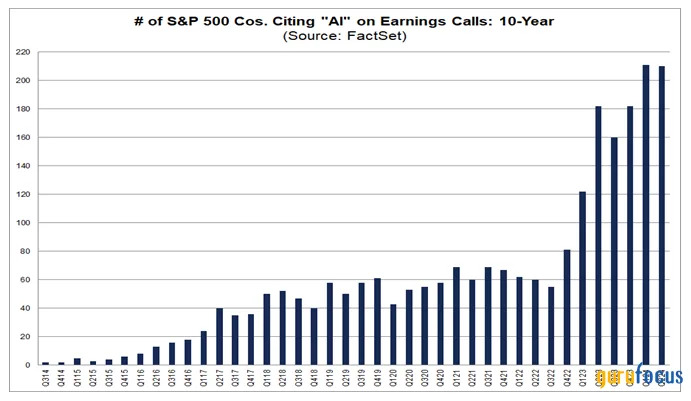Shift to Net-Zero Emissions Likely to Drive Higher Inflation, Economists Say
OTTAWA — The push towards net-zero emissions in Canada is expected to lead to a significant increase in inflation, according to economists. The shift towards cleaner energy sources and the adoption of new technologies will require trillions of dollars in investment, which will likely fuel hotter inflation for years to come.
The Current State of Canadian Business Investment
Over the last decade, Canadian business investment has been lagging behind historic levels. This has led to an excess supply in the economy, which has pushed down inflation and allowed for structurally lower interest rates. However, this trend is set to reverse as spending ramps up during the green transition.
The Economic Impact of Net-Zero Emissions
Canada has pledged to reduce emissions by 40% — 45% below 2005 levels by 2030 and commit to achieving net-zero emissions by 2050. According to the Royal Bank of Canada, getting to the net-zero target will cost $2 trillion over three decades. However, some economists believe that this estimate may be too low.
The Scale of the Task
Ian Lee, a professor in the Sprott School of Business at Carleton University in Ottawa, thinks that the task ahead is much larger than estimated. "We’re talking about rebuilding the entire energy-based economy, from oil and gas to electric," he said. "It’s going to be at a scale never before experienced."
The Inflationary Impact
Lee believes that the sheer scale of the transformation will lead to inflationary pressures. "You do anything at that scale, and it’s going to be inflationary," he added. Roughly 54% of Canadian homes are heated with fossil fuels, mostly natural gas, while 40% use electric heat. Fossil fuels — mostly natural gas and coal — account for 18% of Canada’s electricity generation.
The Transformation Ahead
Homes, schools, businesses, and industrial complexes will need to run on renewable electricity rather than gas. Cars, trucks, farm equipment, and entire transport and industrial vehicle fleets will need to make the shift to electric. The heightened demand for electricity will also require a major expansion of the power grid.
Perspectives from Economists
Some economists argue that it is not clear whether the inflation bump will be persistent. They point out how rapidly energy costs can fall once renewables are in place. "Germany came in and basically subsidized everyone to put solar panels on their roof," said Stephen Brown, senior Canada economist at Capital Economics. "That had a large negative impact on inflation because, obviously, it brought down power prices."
A Long-Term View
Bank of Canada Deputy Governor Toni Gravelle noted during a panel at the COP26 climate change conference that the restructuring may be hard to swallow in the short term but will ultimately lead to more jobs and a more flexible economy.
Conclusion
The shift towards net-zero emissions in Canada is expected to lead to significant inflationary pressures. However, some economists believe that the inflation bump may not be persistent, citing the rapid decline in energy costs once renewables are adopted. Ultimately, the transformation ahead will require trillions of dollars in investment and a fundamental change in how Canadians live, work, and consume energy.
Recommended Articles
- Canada Will Struggle to Hold Onto Major Oil Power Status, IEA Warns
- Last Blend Standing? Canadian Oilsands’ Prospects Surge as Competitors Fall Apart
- David Rosenberg: Junior Mining and Exploration Boom Needed to Push EVs Over the Top




